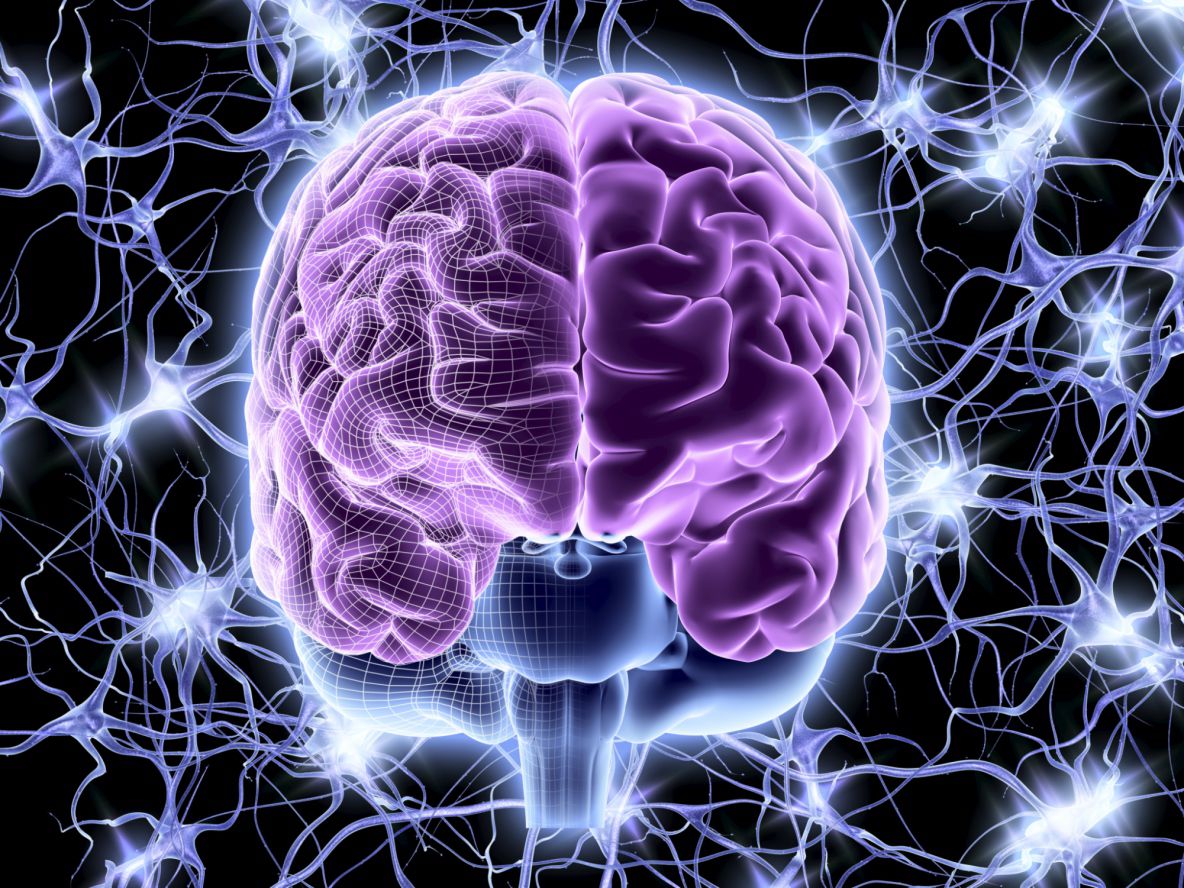An infusion of the extensively- used anesthetic ketamine could represent” new stopgap”in the treatment of millions of people with alcohol problems, scientists studying the medicine said.
People with severe alcohol problems who were given ketamine infusions alongside cerebral remedy quit drinking for longer than those who entered a standard treatment for drunkenness, according to the findings of a study published Tuesday in the American Journal of Psychiatry.
The threat of relapse in the group that entered ketamine- plus- remedy at six months was2.7 times lower than in those who entered a placebo plus alcohol conclusion education, experimenters from University of Exeter and Awakn Life Lores, a US biotech, said in a press release.
Celia Morgan, lead of the Ketamine for reduction of Alcohol Relapse (KARE) trials, said of the findings”We have had no new treatments for drunkenness in the last fifty times. We plant that controlled, low boluses of ketamine combined with remedy can offer a new stopgap for rummies and save lives.”
Ketamine is extensively- used for pain relief and putting people to sleep during surgical operations. The World Health Organization has labeled it an” essential drug”since 1985.
Ketamine can beget visions, dissociation and changes in perception, a reason why it has the implicit to treat internal health conditions characterised by rigid geste, similar as dependence.
Morgan, a professor of psychopharmacology at the University of Exeter, told Insider that the approach was”a radical shift from normal dependence treatment services, particularly using a medicine as a catalyst for cerebral remedy.”
Morgan, also head of ketamine- supported remedy for dependence at Awakn Life Lores, said that actors got three infusion over three weeks with a final remedy or education session on the fourth week.
“It’s really promising that goods were seen six months after a fairly short duration of treatment”, she said.
“We hope then in the UK that it should be commodity that is further extensively available within three to five times,”she said, adding that the platoon was preparing for it to be released as a treatment in countries like the US too.
Morgan advised the treatment wouldn’t work for everyone and others may need” top up”sessions.”While goods are long lasting in some, it’s not likely to be a’ formerly and done’treatment for everyone,”she said.”We’ll need to explore further in unborn how supporter sessions may be given.”
Experts advised that a larger study will need to be accepted to more understand the implicit benefits of using ketamine to treat drunkenness.
Allan Young, director of the centre for affective diseases at King’s College London who wasn’t involved in the study, told Insider that there was a” great need”for new treatments for alcohol use complaint — an area that had been underinvested in.
The findings give substantiation that this approach might be salutary, which” graces farther study”, he said.”You’ve got to have really large figures in a study to show a medicine is safe,”and we need to find out if its goods last beyond six months, he added.
“There is no defense for you taking ketamine as a treatment for your alcohol at the moment. But it’s possible that this may give rise to a form of medical treatment in the future,”he said.
Morgan told Insider that the platoon plan to start a final trial this time.

